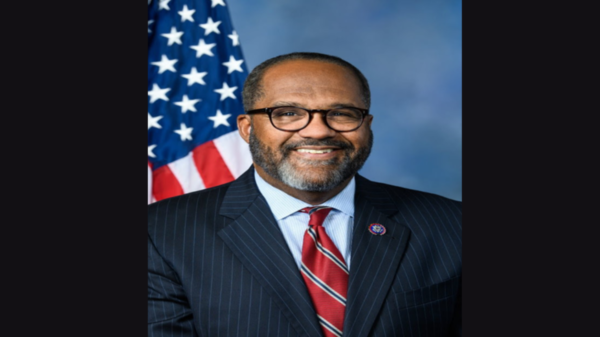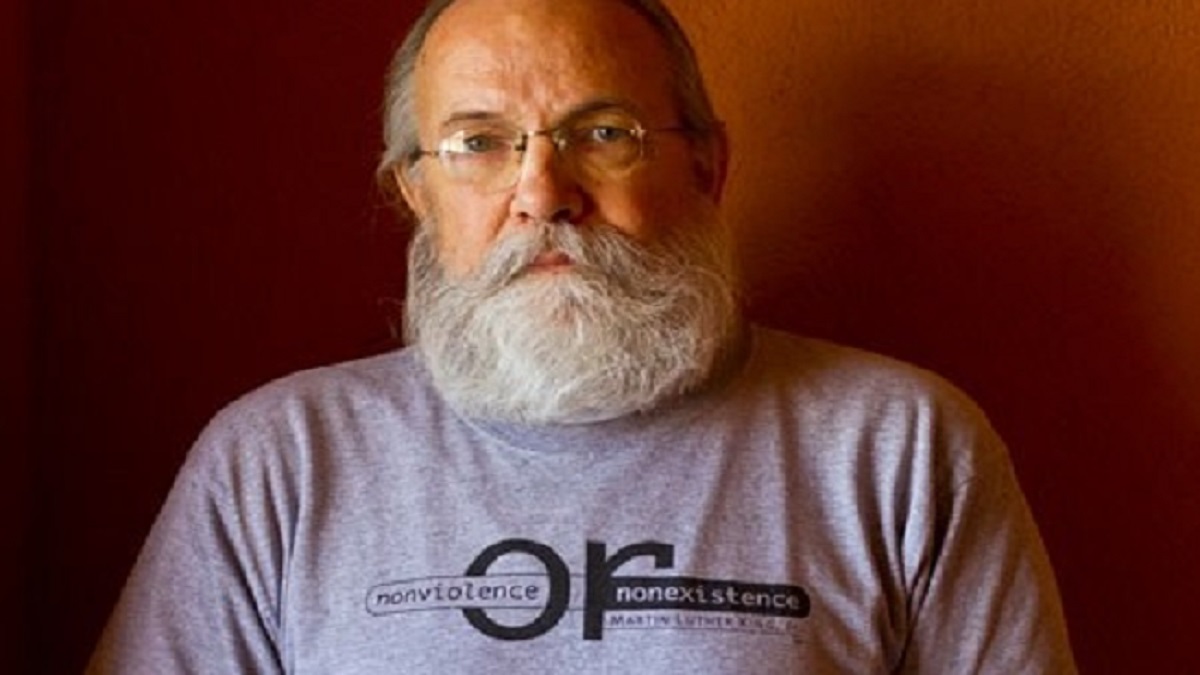
By Marc H. Morial
“If there’s no criminal accountability of police for criminal behavior, then the fox is guarding the henhouse, and we’re the hens, and we’re living in a country that’s becoming a police state.”
— Maya Wiley

Since 1994, Congress has appropriated more than $20 billion for the Community Oriented Policing Services grant program, commonly known as COPS.
Has this program made communities safer? We don’t know, because in its entire 30-year existence, it has operated without any oversight, transparency or accountability measures.
Last month’s Senate Judiciary Committee hearing was the first full committee meeting ever on oversight of the COPS Program.
Yet a bill to pump another $3.25 billion into the program over the next five years — again, without adding oversight, transparency or accountability measures — has bipartisan support and is poised to sail through Congress.
As election season approaches, lawmakers appear desperate to stoke fears of a non-existent crime wave and paint their rivals as “soft on crime.”
In fact, the measures proposed to respond to the fantasy of rising crime would harm vulnerable communities of color and undermine public safety and community trust.
Furthermore, the cynical timing of these proposals by those who continue to downplay the Jan. 6 attack on law enforcement on makes a mockery of National Police Week, an annual convening to honor, remember and support law enforcement and officers lost in the line of duty.
To much fanfare and posturing, the Republican-controlled House of Representatives last week passed a bill that would “eviscerate due process” for immigrants accused of assaulting a police officer. Contrary to the misleading rhetoric surrounding the bill and its inflammatory title, the “Detain and Deport Illegal Aliens Who Assault Cops Act,” immigrants already are subject to deportation upon conviction of violent crimes. This bill would subject immigrants merely accused of assault to mandatory, indefinite jailing. In some states, immigrants accused of offenses that did not even involve physical contact could be jailed indefinitely.
The House also passed the DC Crimes Act, an attempt to override District of Columbia home rule by prohibiting the district from ever changing its sentencing laws without congressional approval, notably restricting the D.C. courts from offering alternative sentencing for people under 25 years old.
“This provision, which does not define the term ‘criminal liability sentence’ is as poorly drafted as it is offensive,” D.C. Delegate Eleanor Holmes Norton said, urging the House to vote it down. “The nearly 700,000 D.C. residents, a majority of whom are Black and brown, are worthy and capable of self-government.”
Meanwhile, violent crime in D.C. has dropped 26% so far this year.
It is indefensible that Congress continues to introduce bills that will increase the number of police officers and police-focused funding in our communities, despite years of public outcry for comprehensive police reform like the George Floyd Justice in Policing Act. The National Urban League has urged citizens to take action by sending letters of opposition to the Senate Judiciary Committee and U.S. House of Representatives.
We must continue to loudly voice our concern and disapproval of this type of legislation and refocus the conversation on police transparency, accountability and community-centered public safety that decreases citizen encounters with law enforcement and the criminal justice system.
Marc H. Morial is the president and CEO of the National Urban League. TriceEdneyWire.com








You must be logged in to post a comment Login